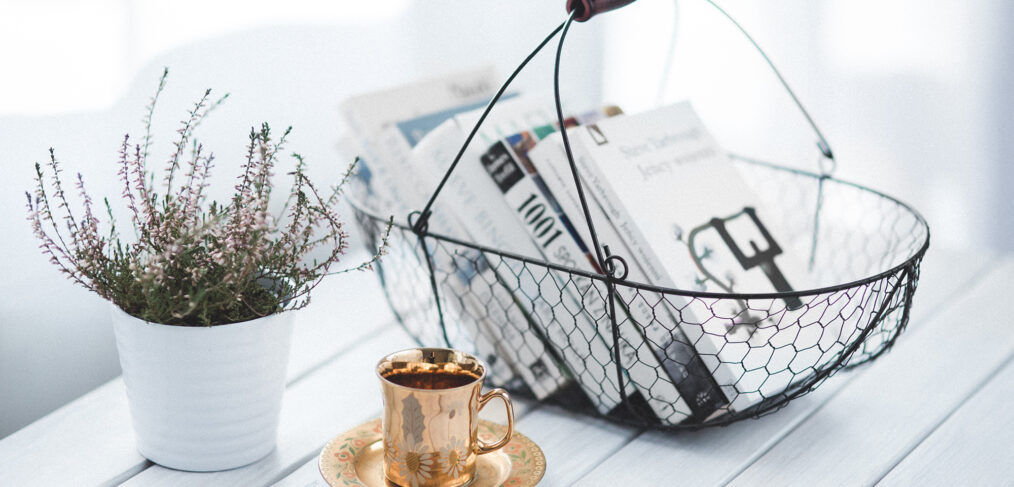The whole world is fearful at the moment. No one is immune from the epidemic of fear any more than the Coronavirus pandemic. Even as a therapist, I struggle to withstand the emotional impact of the spread of Covid-19. I feel more emotional and hold more tension than I usually do. Some of us will control our fear by pretending it is not happening and denying or diminishing the threat. Some of us will try to control the uncontrollable by panic buying or obsessively reaching for antibacterial products. But none of us can protect ourselves fully from this scale of fear. Here are some strategies that help me to support myself and manage my fears:
Breathe : Slowly breathe out until you have completely emptied your lungs. Then let the in-breath do it’s own thing. Repeat at least 3 times.
Ground yourself : Bring your energy down into your body from your head. Feel your feet on the floor. Feel your connection with the ground. If standing, unlock your knees. If sitting, feel the support of the chair, push your bottom right back into the chair and use the arm rests. Take full support from the chair. Breathe as above.
Self Soothing: try the butterfly hug, wrap your arms around yourself then squeeze, stroke or pat your arms.
Self-Reflection, allow time for self reflection by practicing meditation or journaling about your feelings. Use any extra time to follow some of your passions or learn a new skill.
Keep in contact remotely with as many people as you can to maintain a level of social connection.



